- Author Antonio Harrison harrison@cultureoeuvre.com.
- Public 2023-12-16 07:44.
- Last modified 2025-01-22 21:44.
Yakov Andreevich Eshpai is known not only as the father of the famous Soviet composer Andrei Eshpai, but also as an art critic. The subject of his research was folk music, ancient folklore. In addition to musicology, Yakov Eshpai wrote music, organized choral groups and taught musical subjects.
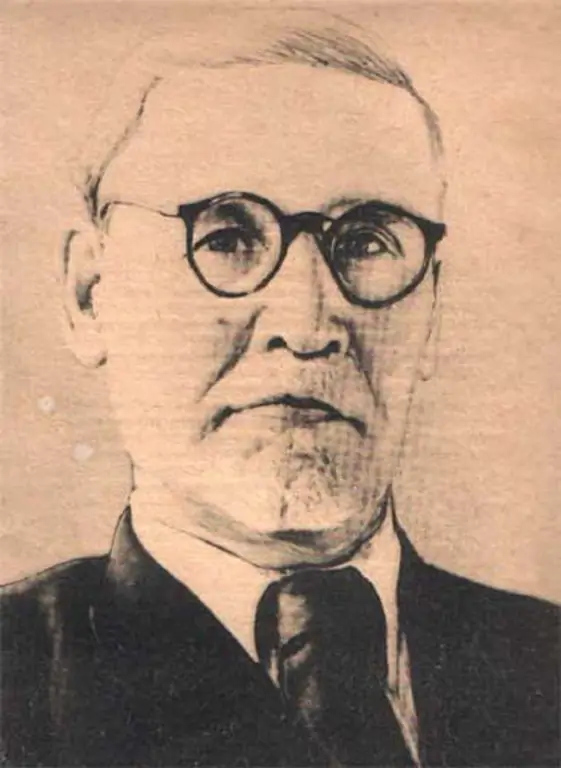
Biography
A Mari composer and musicologist was born in the distant village of Kokshamary, which is located on the territory of the Zvenigovsky district of Mari El. Yakov spent his childhood in a picturesque area where the Kokshaga River flows into the great Volga. His date of birth is October 18, 1890.
The family of Yakov Eshpai was large and friendly. All relatives had excellent ear for music and played folk instruments - harmonica and harp.
Very often impromptu concerts were held in the house, at which the grandmother sang old folk songs, and the grandfather accompanied the singing by virtuoso playing on a wooden harp. The family bore the surname Ishpaykiny, which the matured Yakov changed to Eshpai.
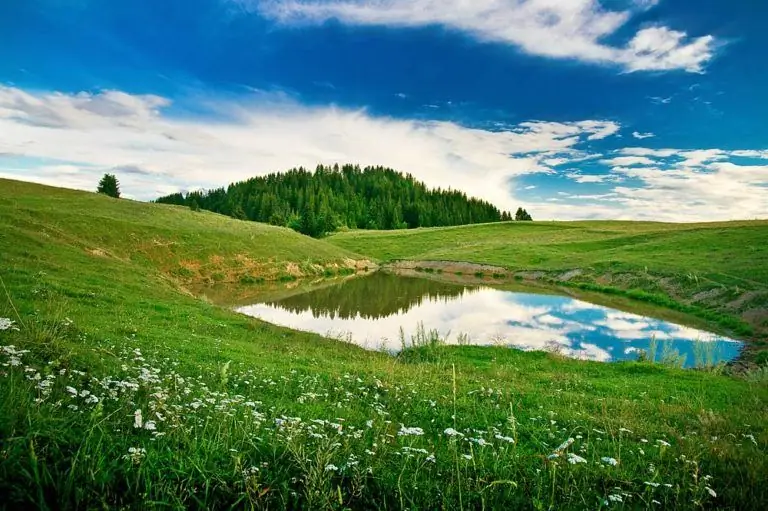
The beneficial and joyful atmosphere in the house, the musical traditions of the family formed Yakov Eshpai's wonderful character and the desire to receive a professional musical education in order to devote his whole life to creativity and pedagogy.
From the age of five, the boy played the violin, which he mastered almost alone.
Years of study
Yakov Eshpai's studies took place within the walls of a rural school, and the senior classes had to be completed at the district school. During his studies, Yakov had time to play in the school orchestra and help the conductor of the school choir. After graduating from school, the young man becomes a teacher. He teaches at his home school in the village of Kukshenery.
However, the desire to get a deeper education led him to the famous Kazan Musical College. Despite financial difficulties, the young musician managed to graduate from two departments of the school - regency and theoretical.
In 1915, Yakov Andreevich was drafted into the ranks of the Russian army, where he became a musician in a military orchestra.
After the October Revolution in 1917, he became a member of the Council of Soldiers' Deputies.
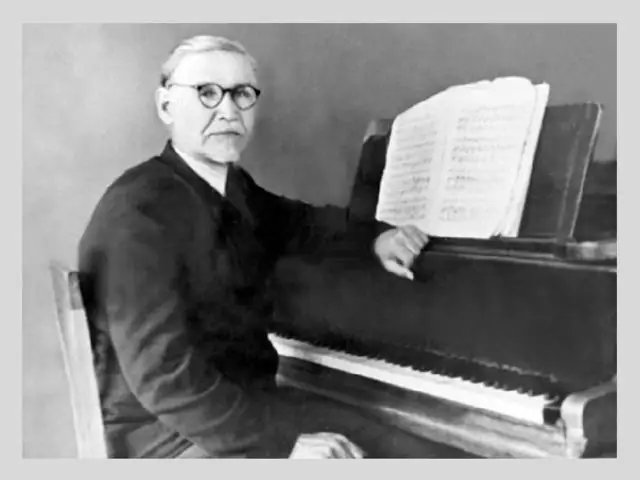
The deputy's career did not take place and Yakov devotes all his time to music and the study of Mari El folklore. He lives in Kozmodemyansk, where in one of the technical schools he creates a musical group that was engaged in educating spectators and listeners. The quartet played works by classical composers, in between the performances of the pieces, Yakov Eshpai talked about the authors, their life and fate.
Personal life
In 1925, Yakov Eshpai creates a family. Valentina Konstantinovna became his wife. She was a native of the village of Shemsher in Chuvashia. The young woman taught Russian language and literature, was engaged in collecting old tunes of Mordovia, Chuvashia and Mari El. The young couple soon had a son, Valentin, and after him, Andrei Eshpai.
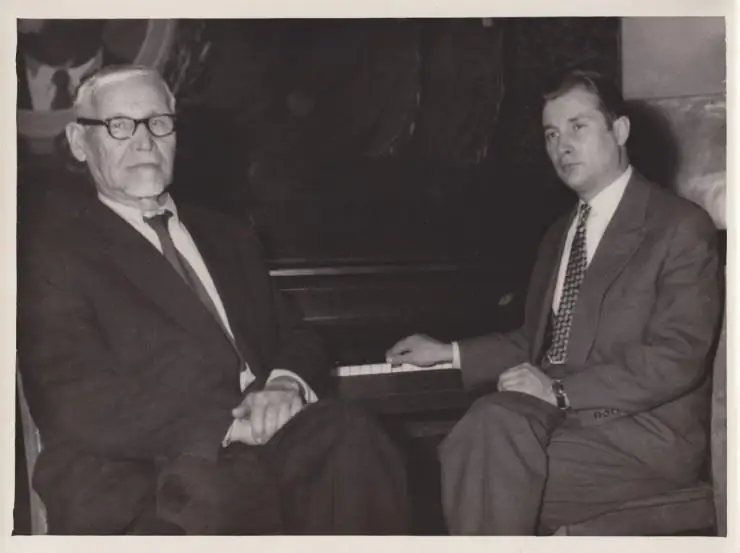
Career and creativity
The musical passion of Yakov Eshpai demanded deeper knowledge. He entered the Moscow Conservatory at a fairly adult age - at 37 years old.
The musician is studying the composition. He becomes a real composer. His "Mari Suite", which the author wrote in 1931, marked the beginning of the composing career of Yakov Eshpai. He managed to combine the canons of folk Mari music and the strict rules of classical music.
In 1933, Yakov moved to Yoshkar-Ola and got a job at a college of arts. The experience accumulated over the years of his life and study was useful to him in teaching theoretical disciplines. Yakov Eshpai becomes the author of musicological articles and essays, continues his research. During the war, Yakov experienced a great tragedy - his eldest son died at the front.
The Mari art critic devoted the rest of his life to the creation of works that are still performed by symphony and brass bands and choral groups.
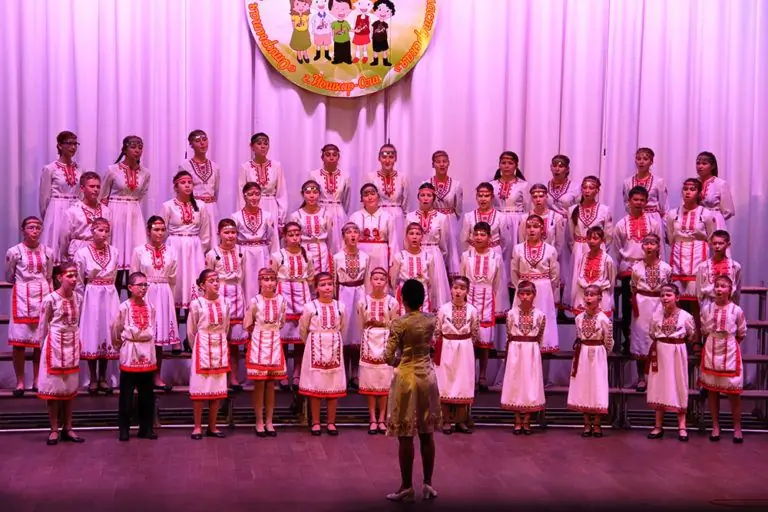
Yakov Eshpai has USSR awards - the Order of the Red Star, which was presented to the composer in 1946, and the Badge of Honor.
The Mari art critic and composer died in 1963 on February 20. He was buried at the Vvedenskoye cemetery in the capital.






